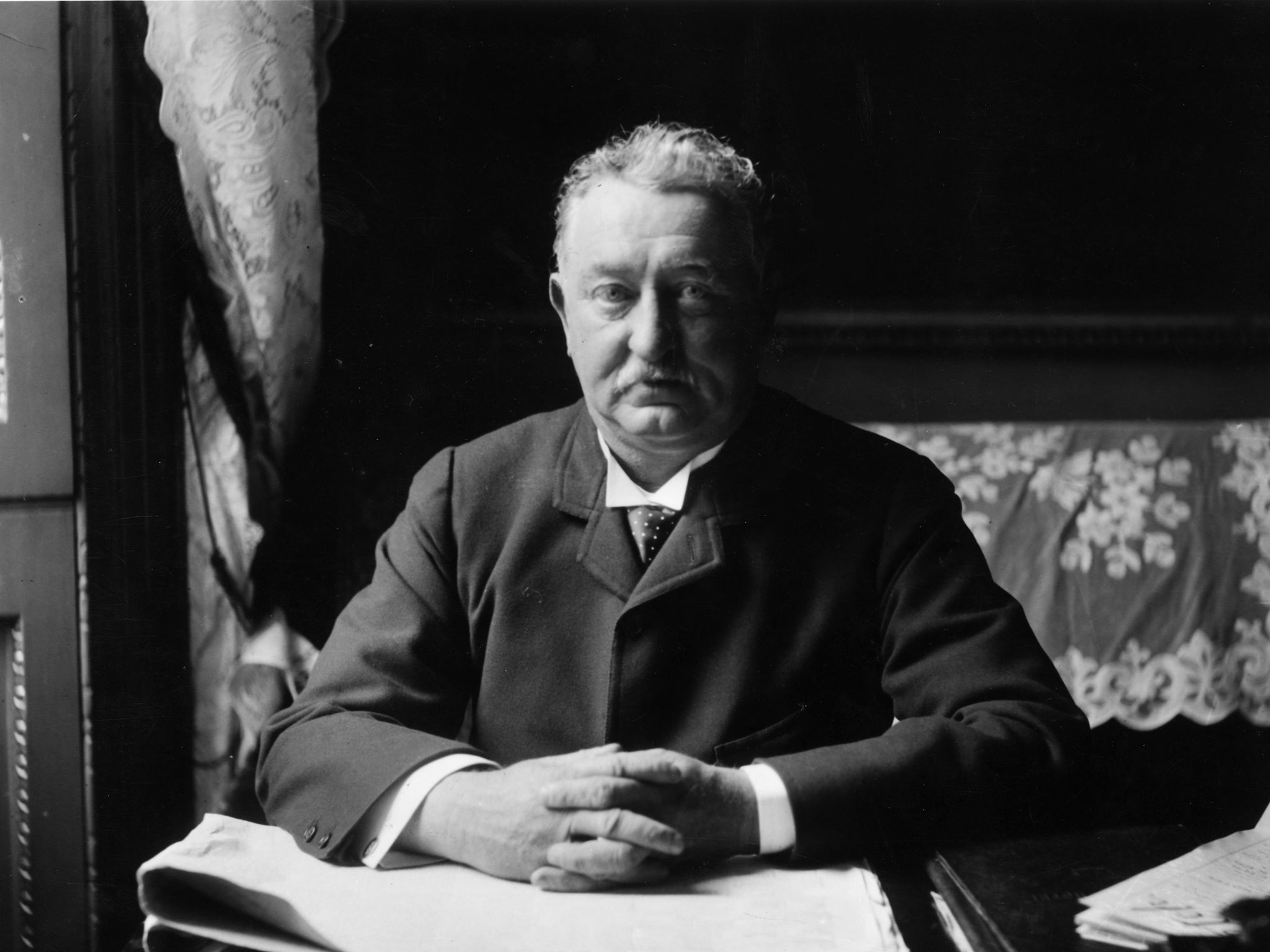Rhodes must fall - and please don't call the students who are protesting against his presence 'coddled'
The bore pressing someone to tell them “where they’re really from” will see themselves as different to the aggressive stranger barking at someone to “get back to their own country” - but they're not

“I contend that we are the finest race in the world and that the more of the world we inhabit, the better it is for the human race,” said Cecil Rhodes, in 1877. The businessman and politician was a white supremacist, British imperialist and arguably the architect of apartheid with the Glen Grey act of 1894. Rhodes’ crimes were numerous and rarely disputed today, but his memory tells us that money talks: whether through the Rhodes scholarships at Oxford, or the statues that remain across the globe, his legacy is pervasive.
It’s these statues that students in Cape Town and Oxford have seized upon as the focal point for a wider discussion about enduring racism in education. After growing protests in South Africa, during which Rhodes’ statue was covered in excrement, the statue was boarded up while its fate is decided. In Oxford, after a petition for the removal of its own likeness of the man gathered 2,327 signatures, Oriel College has removed a plaque commemorating Rhodes and plans to open a consultation on the future of the statue in February 2016.
Opponents of the campaign take one of two lines: either that symbols are meaningless and that modern racism should be the target for criticism, or that the protesters are hypersensitive and clamouring to censor and rewrite history. Neither, to my mind, holds much weight.
Codes and signals are as important as explicit messages, and the two are linked. The bore pressing someone to tell them “where they’re really from” will see themselves as different to the aggressive stranger barking at someone to “get back to their own country”, but the subconscious, if not explicit, message is the same. And removing a fawning statue of a dead racist is not the same as pretending a historical figure didn’t exist. Nor, contrary to some particularly tedious accounts of the debate appearing in the media this week, is requesting that an academic institution consider how forelock-tugging veneration of Rhodes’ name might whitewash his legacy in anyway comparable to Isis actively demolishing culturally significant ancient sculptures across Syria and Iraq.
Engaging critically with history is precisely what the campaigners are undertaking. Those decrying the campaign refuse to fully acknowledge how far-reaching Rhodes’ legacy is and was, and then have the temerity to call protesting students ‘coddled’. There will always be some attempt to shore up the less appalling aspects of Rhodes’ legacy. He was a philanthropist, yes, but because he became flush as a result of colonial plundering. One student leading the protests, Ntokozo Qwabe, was pilloried online for accepting a Rhodes scholarship but rightly pointed out “it was never his money”. Would his critics be happy to see a black African student accept a scholarship without criticising Rhodes?
Part of the failing of mainstream history has been a reverential air often appended to the colonial era, underpinned by a rose-tinted nostalgia for a lost empire. The BBC has now announced it will revive the 1960s art programme Civilisation, with David Olusoga, Simon Schama and Mary Beard presenting. Referencing the decision to show a more critical reading of history, Beard said their challenge was “how you can make an exciting programme without going ‘Meanwhile in Africa…’.”
Both the #RhodesMustFall campaign and the shift in Civilisation’s focus show us that history, unlike the inscriptions under Rhodes’ statues, isn’t set in stone, but remains an often-contested and forever-changing story about the ongoing march of society, and a settlement with the past. As the writer and activist Arundhati Roy said, “there’s really no such thing as the ‘voiceless’. There are only the deliberately silenced, or the preferably unheard.”
Historically marginalised people – by gender, race or nationality – aren’t willing to be silent any longer on the crimes of the past and the continuing misrepresentations of historians. When the Empire strikes back, its defenders panic.
Join our commenting forum
Join thought-provoking conversations, follow other Independent readers and see their replies
Comments
Bookmark popover
Removed from bookmarks